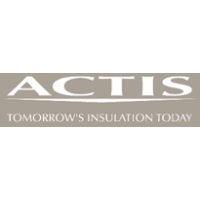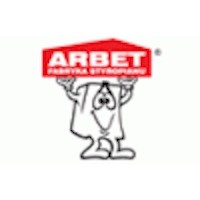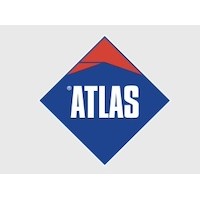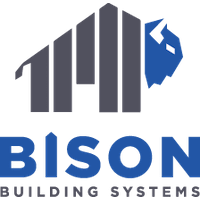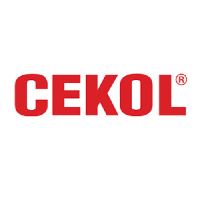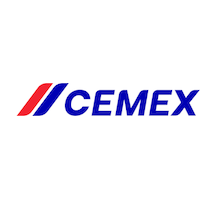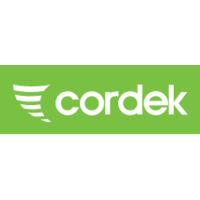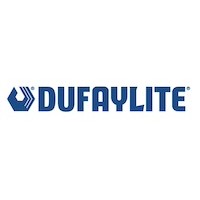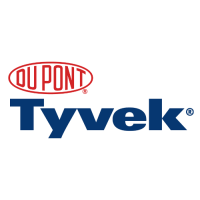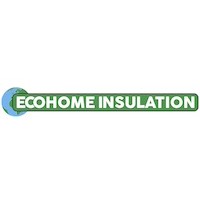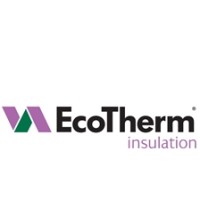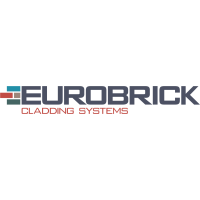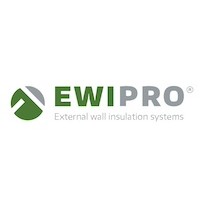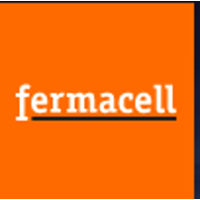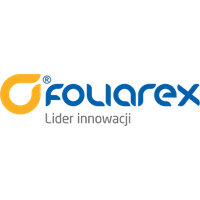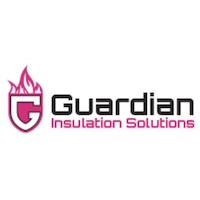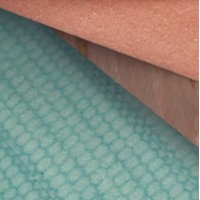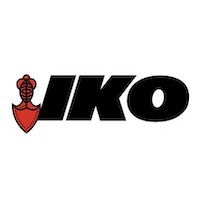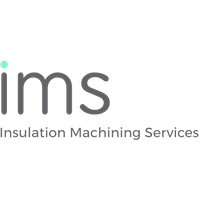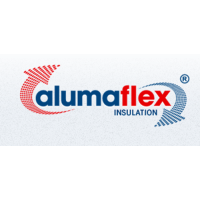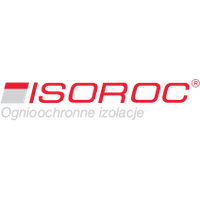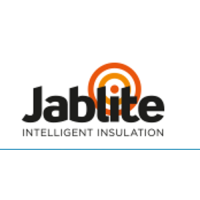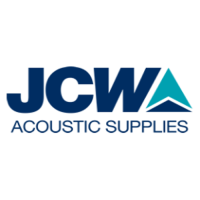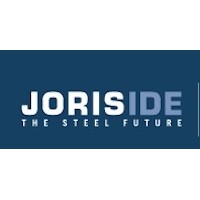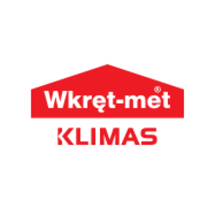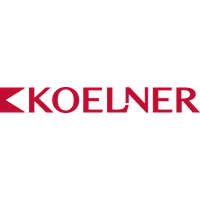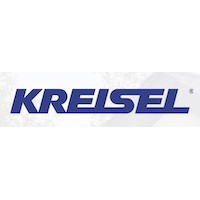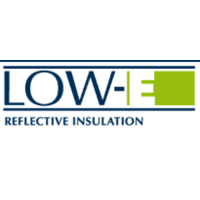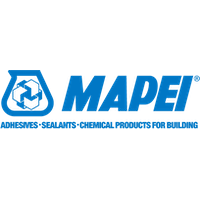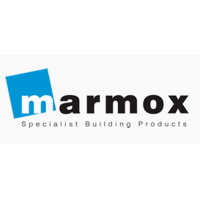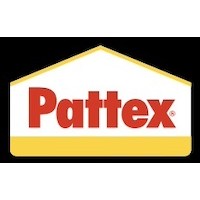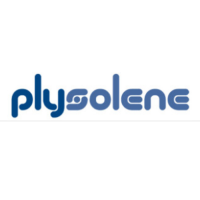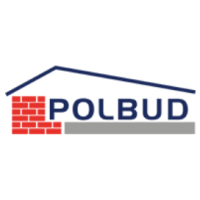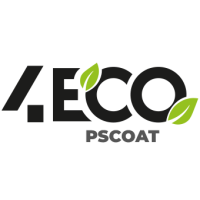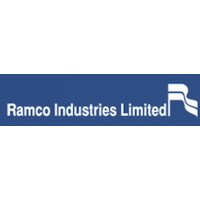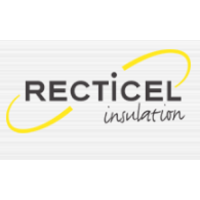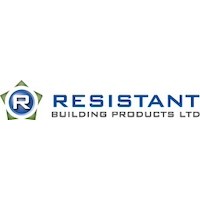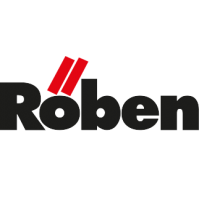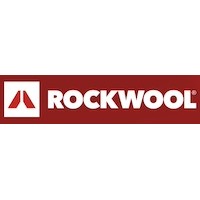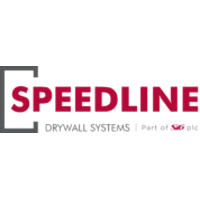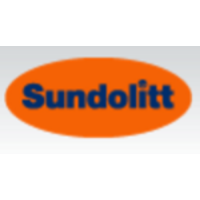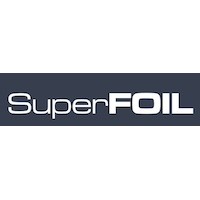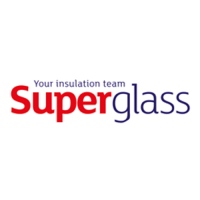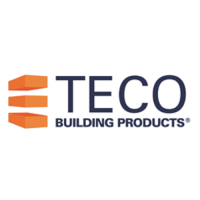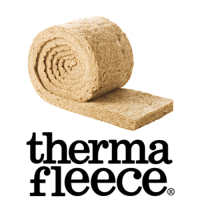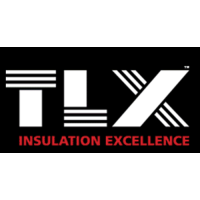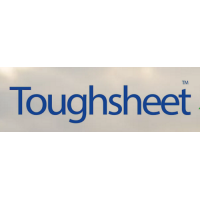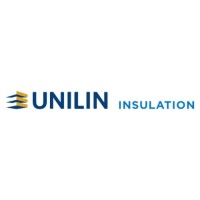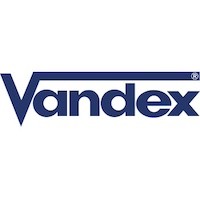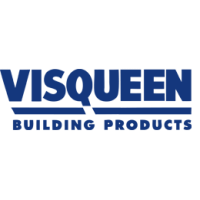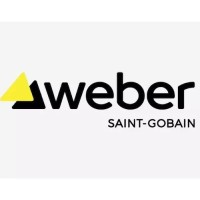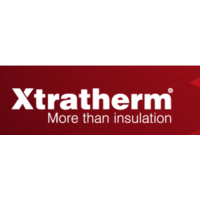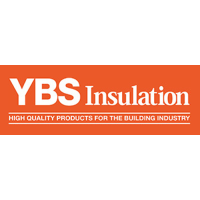What Does UK Have to Say about Insulation and Energy Efficiency

Top Ten Priorities When Moving Into a New Home
As the UK continues to navigate the challenges of climate change, economic fluctuations, and technological advancements, the priorities for homebuyers have evolved significantly. Energy efficiency, sustainability, and lifestyle considerations now play pivotal roles in shaping the housing market. Here’s a look at the top ten priorities for UK citizens when moving into a new home:
1. Energy Efficiency:
- With rising energy costs and increasing environmental concerns, energy efficiency is at the forefront of homebuyers' minds. Modern insulation, high energy efficiency ratings, and energy-saving features like double-glazed windows and efficient heating systems are highly sought after. Recent government initiatives, such as the Future Homes Standard, mandate that new homes produce significantly less carbon emissions, further emphasising the importance of energy-efficient living.
2. Location:
- The location of a home remains a critical factor in the decision-making process. Buyers prioritize proximity to work, schools, public transport, and amenities. There is also a growing preference for homes in safe, desirable neighborhoods or rural settings for those seeking tranquility. Recent surveys show that 24% of respondents favor rural environments, reflecting a shift towards a quieter lifestyle away from urban centers.
3. Size and Layout:
- The size and layout of a home, including the number of bedrooms and flexible living spaces, are crucial considerations. The demand for adaptable spaces that can accommodate home offices or multi-generational living has increased, driven by changing work patterns and family dynamics.
4. Price and Affordability:
- Affordability remains a top concern, with buyers looking for homes within their budget that offer good value for money. This includes considering mortgage costs, taxes, and potential renovation expenses. With the cost of living rising, many are seeking homes that provide financial security and long-term investment potential.
5. Outdoor Space:
- Access to private outdoor space, such as gardens, balconies, or patios, is highly valued, especially in urban areas. The COVID-19 pandemic has heightened the importance of outdoor living areas, as people seek spaces for relaxation and recreation at home.
6. Modern Amenities and Technology:
- Buyers are increasingly interested in homes equipped with modern amenities and smart technology. Features such as high-speed internet, smart thermostats, security systems, and energy-efficient appliances are becoming standard expectations for tech-savvy buyers.
7. Community and Lifestyle:
- The surrounding community and available lifestyle options play a significant role in decision-making. Buyers consider factors such as nearby parks, recreational facilities, cultural attractions, and social opportunities. The desire for a vibrant community and a fulfilling lifestyle continues to influence home buying choices.
8. Quality and Condition:
- The overall quality and condition of the property, including its construction, design, and finishes, are important to buyers. Homes that require minimal immediate repairs or renovations are preferred, as they offer convenience and peace of mind.
9. Future Investment Potential:
- Many buyers consider the investment potential of a home, looking for properties in areas with strong growth prospects and good resale value. The stability and potential for appreciation of a property remain key factors for those viewing their home as both a place to live and an investment.
10. Sustainability and Environmental Impact:
- Beyond energy efficiency, there is a growing interest in sustainability features, such as renewable energy sources (e.g., solar panels), rainwater harvesting, and sustainable building materials. These features not only reduce the environmental footprint but also enhance the appeal and value of a home.
Advances in Insulation Technology
Recent technological advancements have made insulation more effective and environmentally friendly. Innovations such as vacuum-insulated panels (VIPs) and aerogel-based insulation materials offer superior thermal performance. Additionally, the use of sustainable and recycled materials in insulation reflects the broader trend towards eco-friendly building practices.
The Role of Smart Home Technology
Smart home technology plays a vital role in enhancing energy efficiency. Devices like smart thermostats, energy-efficient lighting, and home energy management systems allow homeowners to monitor and reduce their energy consumption. The ability to control home energy use remotely and receive real-time feedback on consumption patterns is an attractive feature for tech-savvy buyers.
With these evolving priorities, the UK housing market is shifting towards more sustainable, efficient, and lifestyle-oriented living. As the nation advances towards a greener future, energy-efficient homes are increasingly seen as a smart investment that offers long-term benefits, aligning with the broader goals of reducing carbon emissions and improving quality of life.

